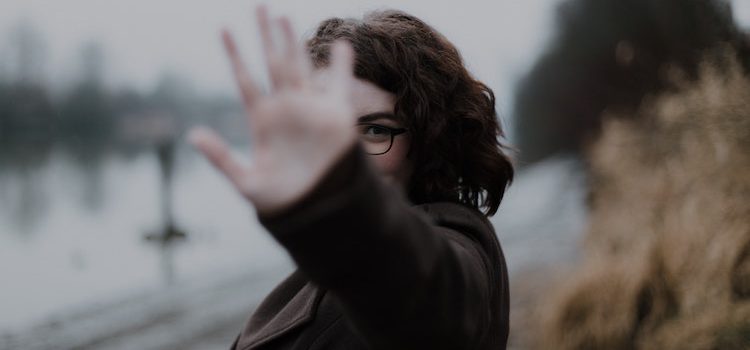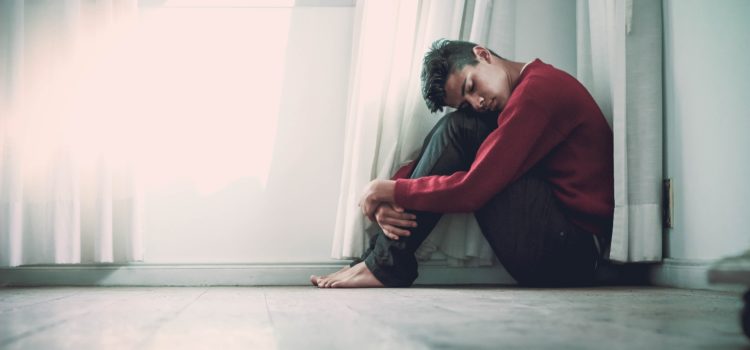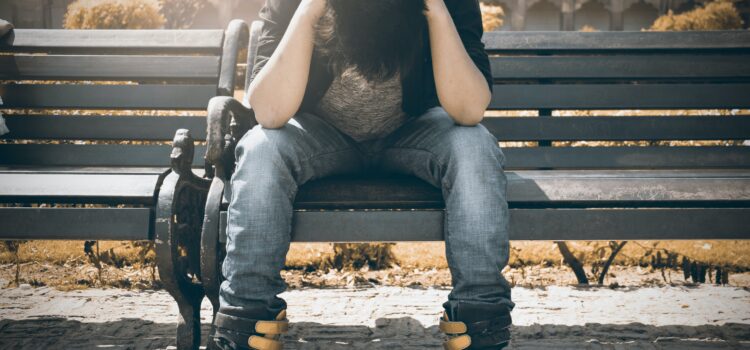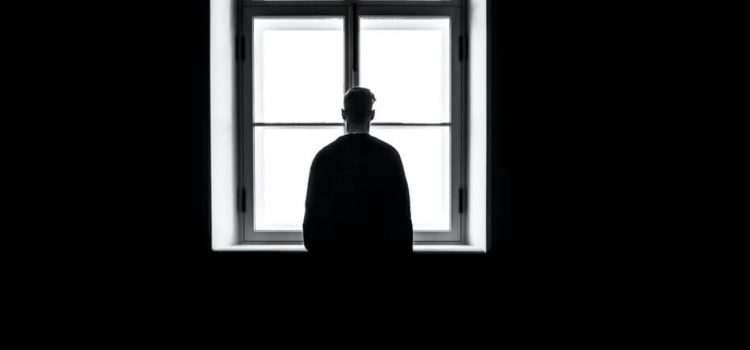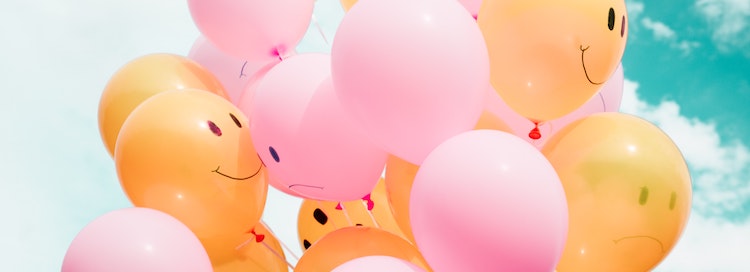When you avoid responsibility, what impact does it have on your wellbeing? How can you develop a stronger sense of responsibility? Avoiding responsibility is a bad idea, according to psychiatrist M. Scott Peck. It signals a lack of discipline, which is crucial for growth. He explains the problems that you can face when you avoid responsibility, and he offers advice on how you can learn to accept responsibility. Keep reading to learn about the impact of avoiding responsibility—and how you can work to turn it around.
Avoiding Responsibility: How It Harms Mental Health
